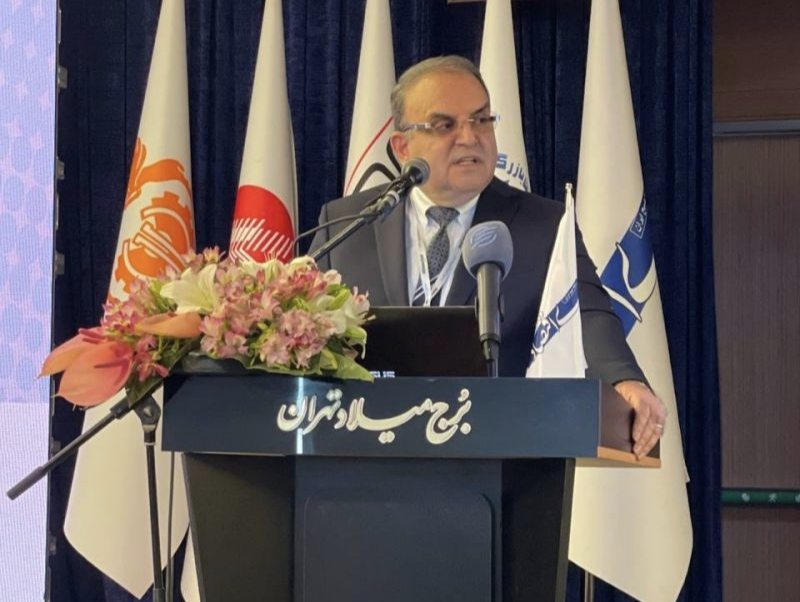
The investment gap and trust deficit are deepening Iran’s uncertain future in international trade
Senior metals markets and mining industry analyst Dr. Keyvan Jafari Tehrani made statements addressing Iran’s current challenges in the mining and steel sectors as well as its position in the international arena.
According to Tehrani, the key to overcoming obstacles in the industry lies in addressing liquidity problems and resolving the lack of investment.
The analyst stated that Iran is facing a financing gap of nearly $1 trillion to complete its ongoing industrial projects, including eight major steel projects. He also emphasized that the Iranian economy is experiencing a serious trade imbalance and is effectively unable to play an active role in global trade.
Dr. Jafari Tehrani criticized the government’s plan to eliminate single-use commercial cards, saying that this measure disables a mechanism that supports exports and that it would take months to restore the confidence of foreign traders.
Foreign Partners’ Lack of Trust
Following the cancellation of the Iran–China 25-year agreement, Tehrani noted that Chinese businesspeople have become cautious about cooperating with Iran. He added that the decision to sell Imidro’s headquarters office in Berlin was perceived internationally as Iran liquidating its assets due to its financial crisis, which has severely damaged the country’s global reputation.
Tehrani explained that if the snapback mechanism were activated, all Iranian trade vessels would be subject to inspections in international waters, which could practically bring the country’s foreign trade to a standstill. In his view, preventing potential crises depends on Iran showing a stronger presence in international markets.
The Role of China and the U.S. in New Balances
Recalling that the Trump administration postponed tariffs on China for three months due to the U.S.’s high dependency on Beijing, Tehrani pointed out that the 1,700 bulk carriers built by China so far will, in 2024, transport 52% of U.S. coal exports and 22% of its iron ore imports. For this reason, any disruption in U.S.–China trade relations could paralyze American imports and exports.
The Importance of Strategic Resources: Steel, Iron Ore, and Lithium
Tehrani highlighted that Europe, Turkey, and Saudi Arabia rely on Swedish mines for their iron ore supply, noting that Sweden’s major mine has been operated down to a depth of 1,360 meters since 2014. Stressing that strategic resources have strengthened Russia’s bargaining power against the U.S. and Europe, he warned that if Iran fails to play an active role in raw material supply, sanctions may intensify and the risk of conflict could increase.
Finally, Tehrani said that global steel and iron ore markets had been performing positively until last week but warned that a significant amount of pellets entering the market from three Russian-occupied regions could affect supply in Europe and India. He also added that Russia may resort to dumping in order to compete.
Source: steelradar
